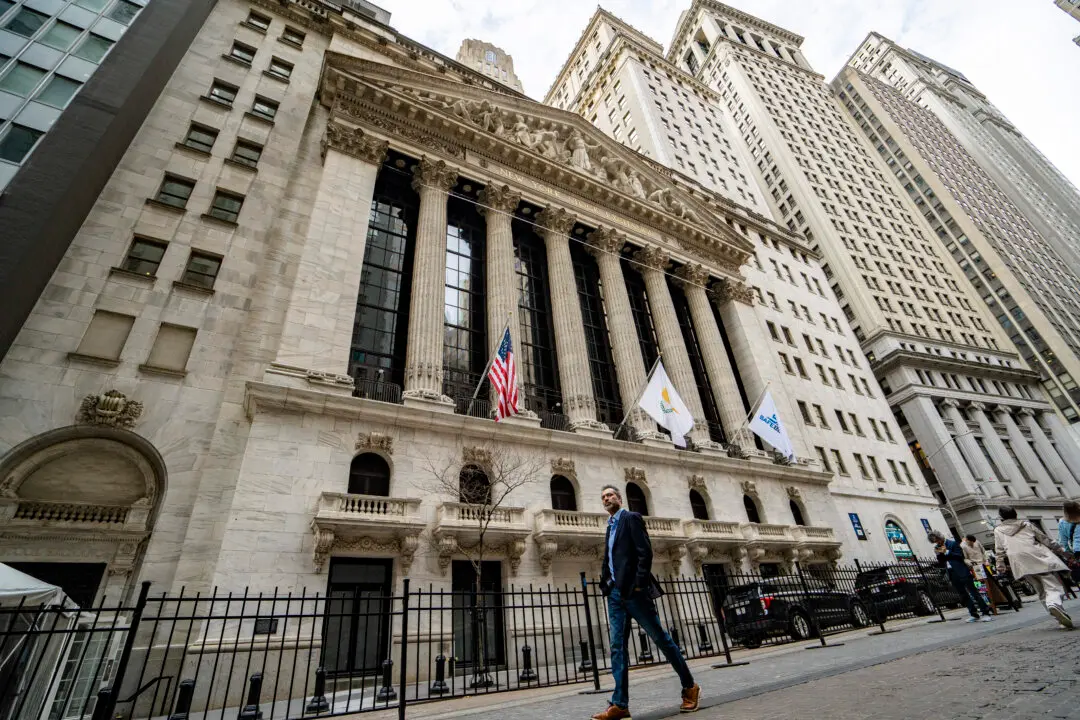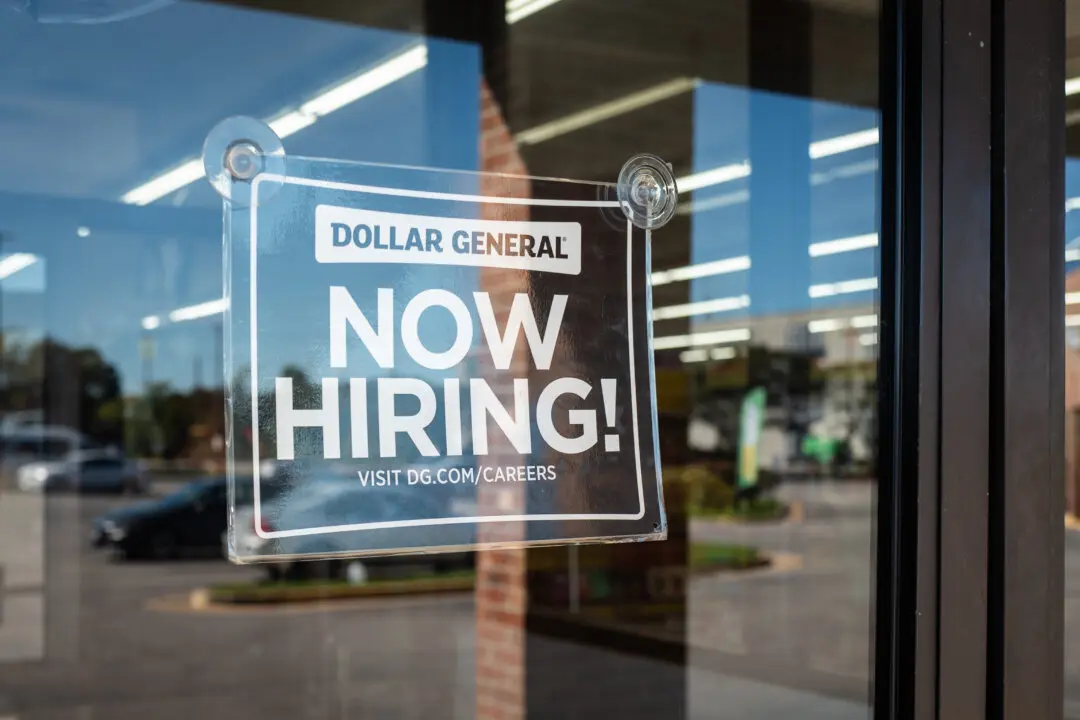While artificial intelligence (AI) could present new opportunities and deliver vast riches to the financial system, the technology could pose “significant risks,” according to Treasury Secretary Janet Yellen.
At an event co-hosted by the Brookings Institution and the Financial Stability Oversight Council, Ms. Yellen outlined various vulnerabilities that AI presents to the financial sector.





